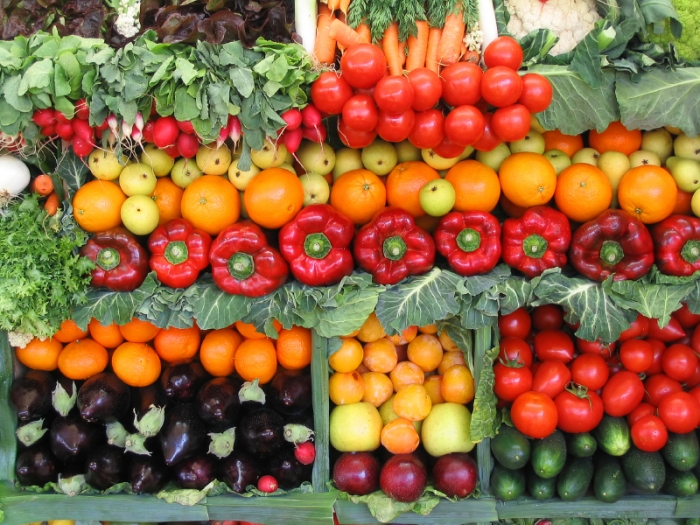On Feb. 22, Entrepreneurship & Investment For Africa (EI4A), a volunteer-run organization in Quebec promoting African entrepreneurship, held an open networking session at WeWork L’Avenue with PS Nutraceutical International Limited (PSNIL), one of Africa’s most innovative agribusiness start-ups based in Nigeria. Businesses in the agricultural domain, or agribusinesses, provide the necessary supplies for farms to function, such as machinery and seeds. EI4A’s event showcased a number of food-production technologies that have the potential to improve the future of farming in Africa and the world.
In 2016, Olisaeloka Peter Okocha co-founded PSNIL Samson Ogbole, on a mission to create, modify, enhance, and protect the environment and total well-being of humanity. The global economic crisis and the surge in hunger, especially in Africa, require systems which will fast-track food production without harming the environment. Okocha joined the conference via video chat, to present his company’s technology and share his experiences in developing his business ideas in the challenging but rapidly growing African agribusiness sector. These technologies include hydroponics (growing plants in water), aquaponics (growing plants on water with fish in the water), and aeroponics (growing plants in the air).
“We wanted a self-sustainable system in which water is constantly reused and recycled and never wasted,” Okocha said. “We chose to use technology that could produce food that is healthy and organic.”
Okocha and Ogbole questioned whether food in Nigeria and other parts of Africa was available, affordable, pesticide and herbicide-free, and if the food supply was consistent. The duo started the company with the intention to develop and set up small-scale agricultural technologies for everyone to be able to practice agriculture. They partnered with individual researchers to explore the nutritional benefits of various foods. Additionally, the company wants to research and develop more uses for agricultural produce, such as the development of alternative medicines.
“The technology is not new,” Okocha said. “Aeroponics was developed by NASA, but when the individual who invented the technology was contacted, he did not believe it could be used beyond growing leafy greens and vegetables. Being the stubborn individuals we were, we thought that we could study the technology and improve upon it and apply it to our own indigenous crops and vegetables in Nigeria. We are constantly tweaking and trying to improve upon the system.”
The start-up believes in working toward an agricultural system that maintains the environment, rather than destroying it. Soil-less farming technology, for example, enables consumers to buy affordable, organic foods year-round. Not only does this automated farming system reduce the amount of labour required to produce crops, but it also eliminates the need for insecticides or herbicides for crop-growth, as they are grown within a controlled growing environment.
Merging agriculture with technology is the key to increasing efficiency in the sector. For example, aeroponics technology allows plants to grow in the air without soil, and only requires minimal water usage. Additionally, in aeroponic greenhouses, plants can be grown on multiple layers of soil, while traditional farming is limited to only one. Okocha described the efficiency of the new agriculture technologies.
“A benefit of the aeroponics and hydroponics systems is that you can be a commercial farmer within a small fraction of space,” Okocha explained. “You can take advantage of the vertical space and grow about two to three acres worth of crops on less than an acre of land.”
Increased efficiency will lead to food self-sufficiency, and in turn will create excess food which can be exported, generate foreign exchange, and bolster economies. Okocha highlighted the steps his company is taking to keep up with market demands.
“It is important that we are constantly innovating so we are exposing our technology to tertiary institutions to see if there is a way to improve upon it,” Okocha emphasized. “They say data is the new oil, so we are constantly doing data collation to try and make this a sustainable new farming strategy.”
EI4A will be hosting more networking sessions throughout the year, which will be posted regularly on their Facebook page.









